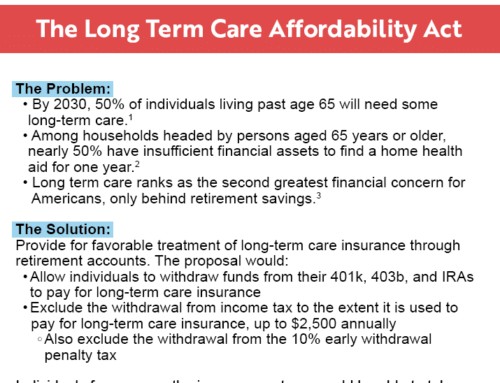Are you a long-distance caregiver?
The National Institute on Aging (NIH) defines a long-distance caregiver as the following, “if you live an hour of more away from a person that needs care, you can think of yourself as a long-distance caregiver.”
Long-distance caregiving – can be just as difficult and overwhelming as primary, hands-on caregiving. Along with the distance, comes guilt about not being closer, frustration because you can’t see day to day changes/decline in health, confusion about their medication condition and treatment, and worry about having to taking time off of work, being away from immediate family and the cost of traveling to see your family member. You are not alone! Take time out for yourself, seek support through a caregiver support group – either on-line or in person, and know that you are doing the best that you can.
Once you have found your balance in being a long-distance caregiver, consider what your own plan is for long-term care should something happen to you. Your chances of needing long-term care rise if you have a family history of cognitive ailments, such as Alzheimer’s Disease or Dementia or strokes. Ironically, if you have always been extremely healthy – you also may want to consider a plan for long-term care – chances are that you will live into your 90’s when the likelihood of needing long-term care skyrockets.
As you have seen with your loved-one – Medicare pays for only the first 100 days of Skilled Nursing Facility care (after a 3-day prior hospitalization) and with Medicaid -you must spend down your assets to the poverty level. The government estimates that 70 percent of seniors will need some form of long-term care assistance before they die. For those unfortunate few, who will require the most costly type of long-term care, the tab can be astounding, $250,000 or more for a 2.8 year “average” nursing home stay.
Everyone needs a long-term care plan…what’s yours? For more information call or email us.
Sincerely,
John F. King, CLTC



